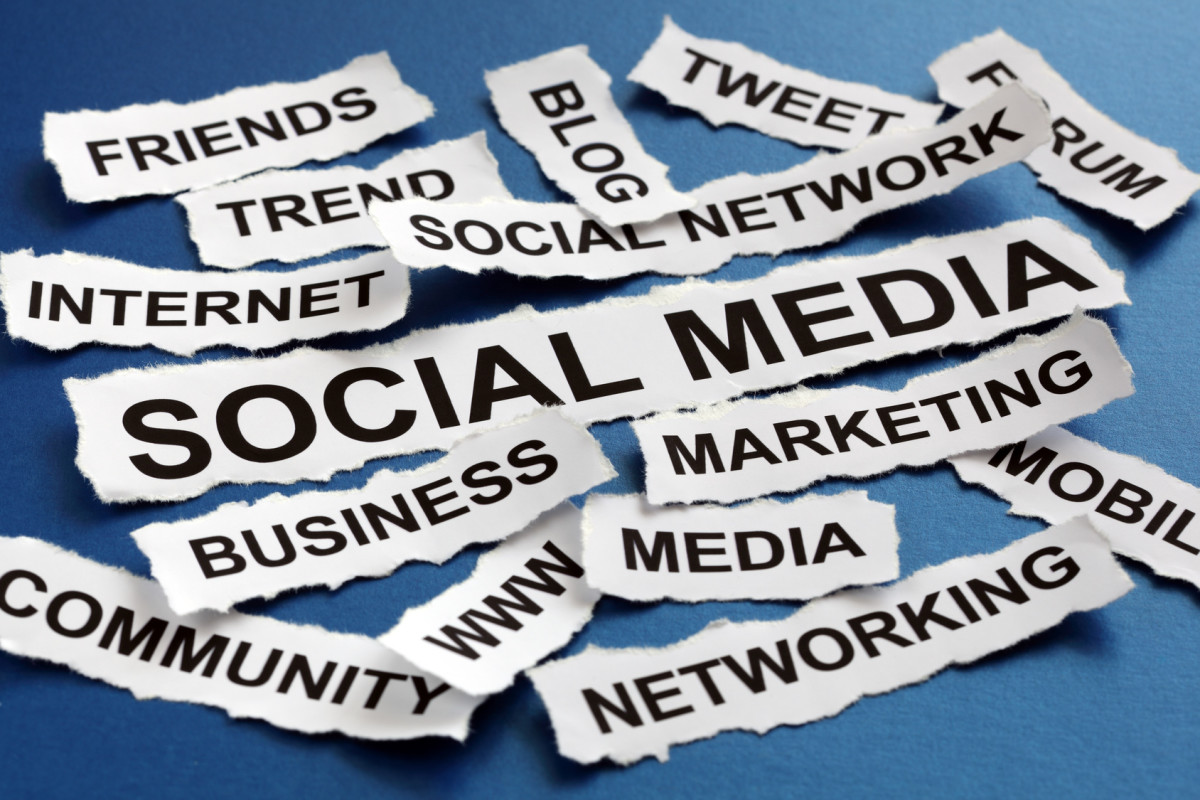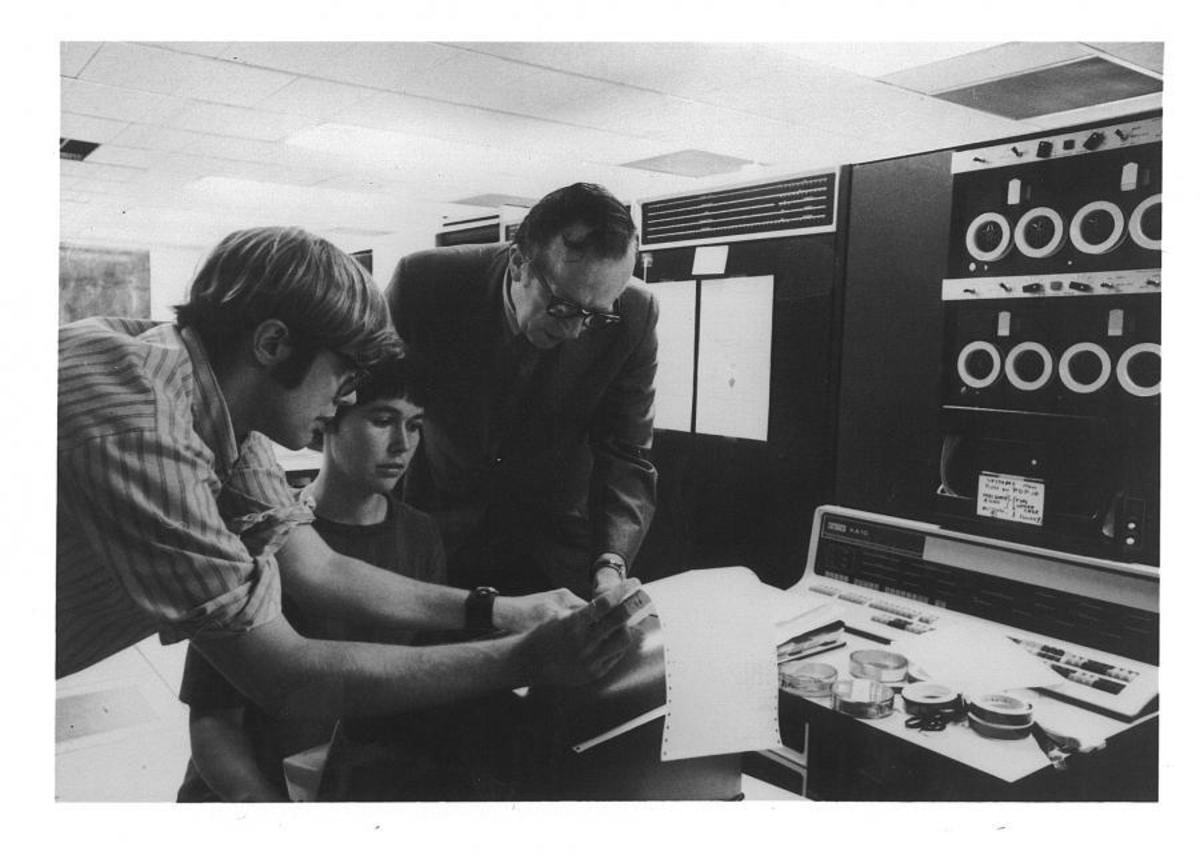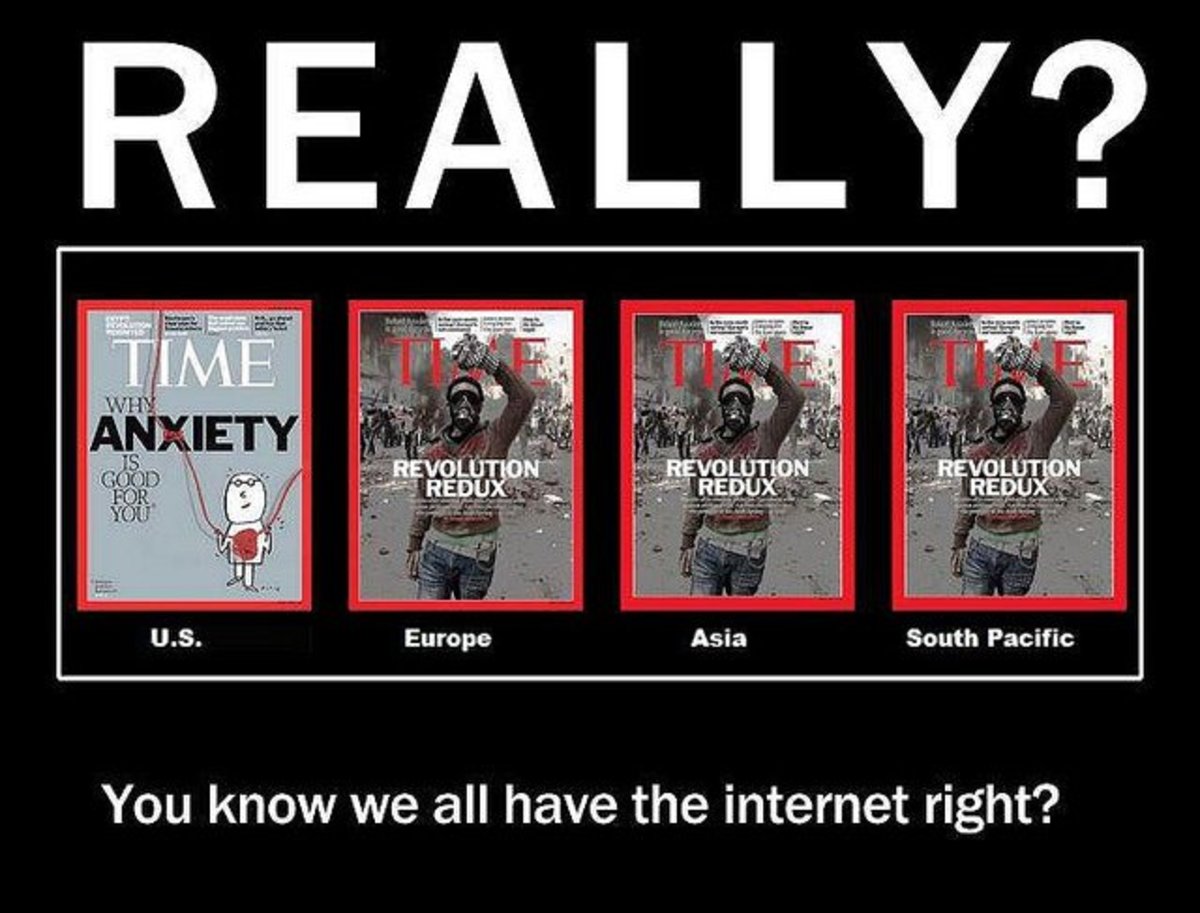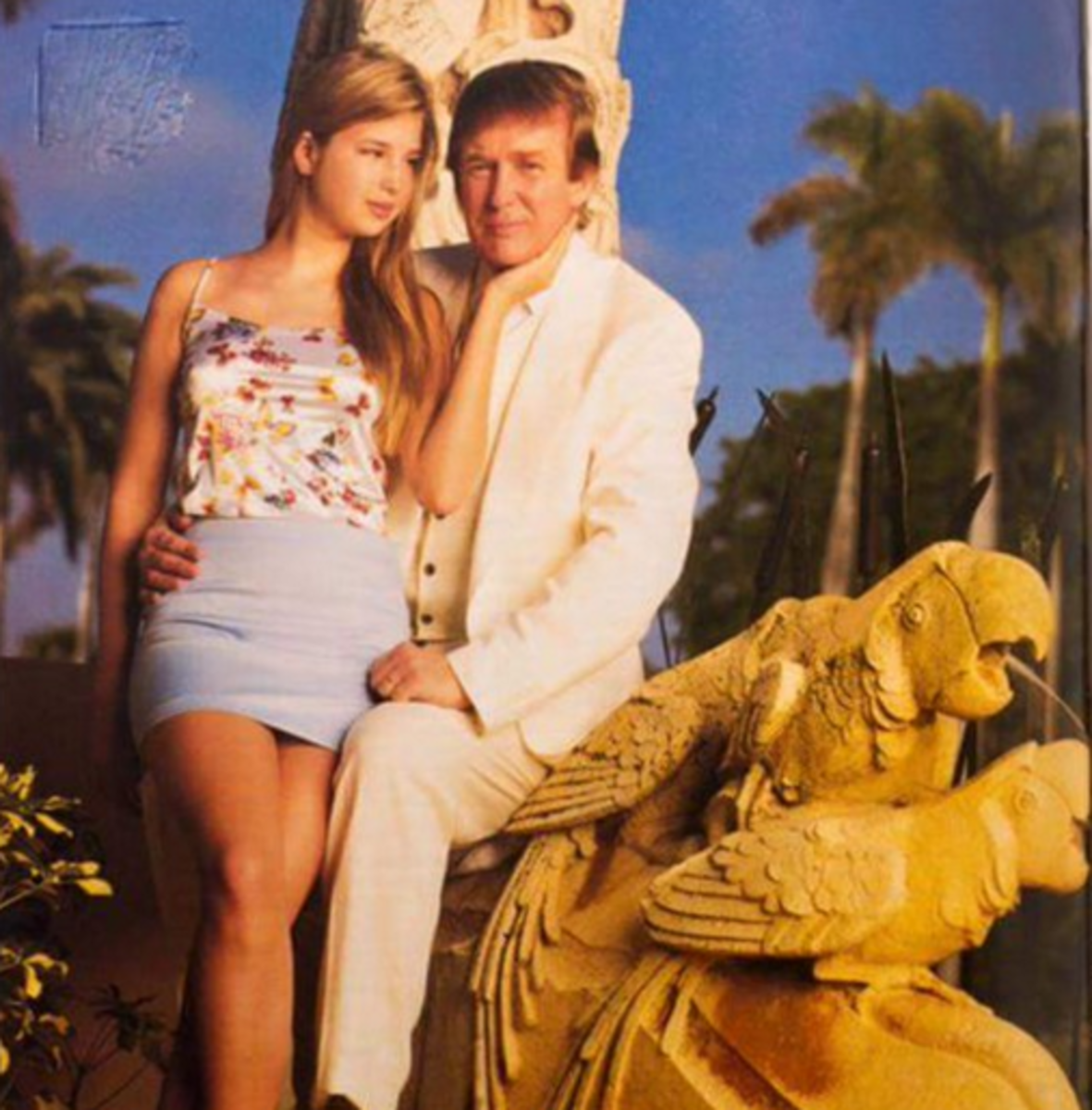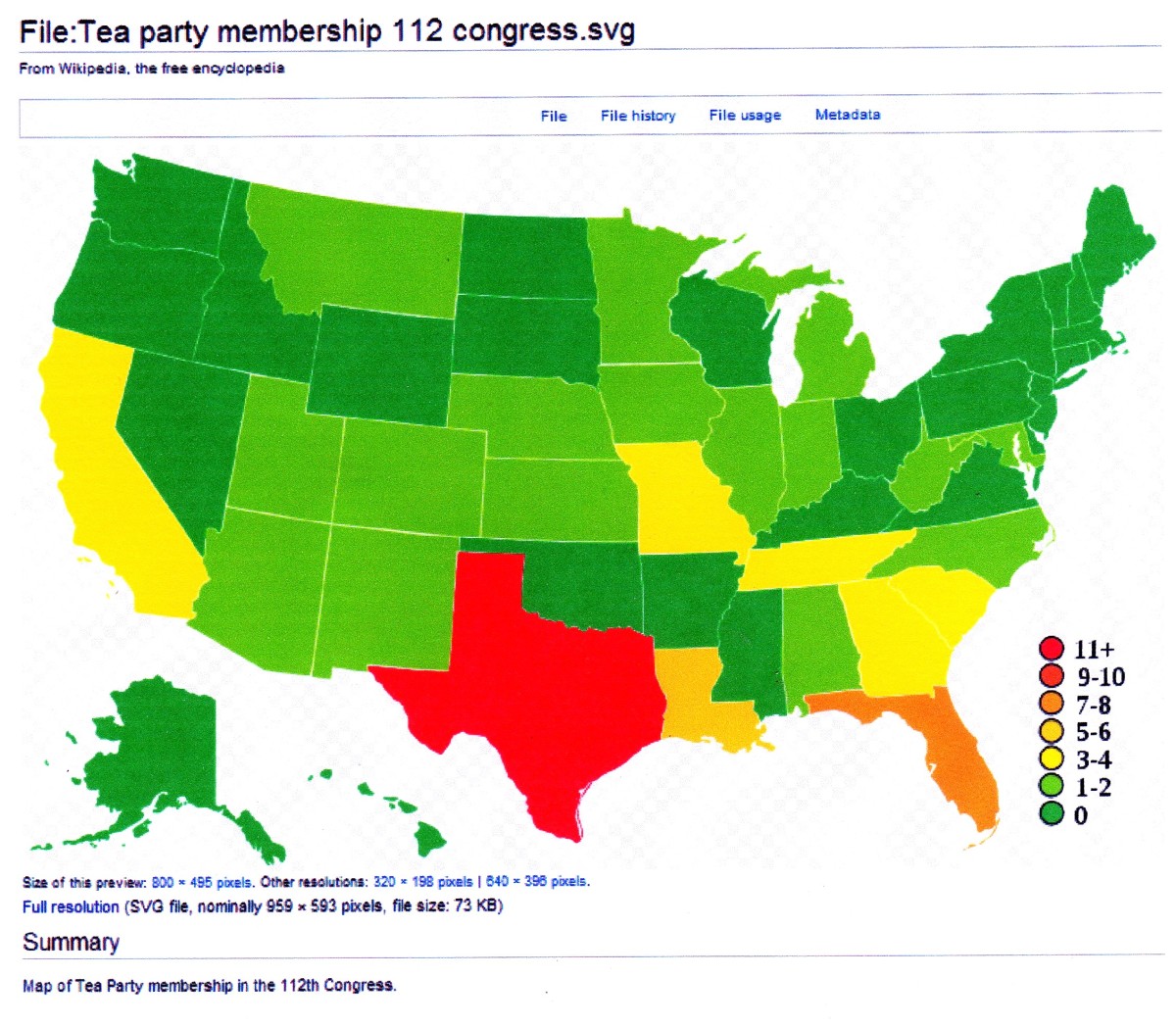What Happened to Our Media
We live in a society where conservatives and progressives have differing sets of facts. It’s not just a matter of interpretation – such as why it is that black people are incarcerated and unemployed at higher rates. We cannot agree on basic facts like the unemployment rate.
The cause of this is obvious: We live in echo chambers where we get our news from sources that reinforce our political biases. We eliminate sources which disagree and become siloed.
The solution is also obvious: Don’t do that. Absorb news with which you disagree. (If only to hear the other side of the argument so you know how to respond in a debate setting.) Thankfully, we have the whole of human knowledge at our fingertips. It’s on us whether to read Tolstoy or to Keep Up with the Kardashians.
If we want to be politically informed it’s not easy since there are no sources which are widely trusted. There are most watched cable news networks and programs. There are most viewed websites and youtube.com channels. But we no longer have newsmen (and women) like Walter Cronkite who we felt would portray the news honestly. So we retreat to our echo chambers.
So, how did we get here?
The first thing to understand is that the trusted Cronkite-era news source was an anomaly. We’ve had freedom of the press since the inception of our nation. But when the 1st Amendment was written all of the news was politically biased. Print media was used specifically for partisan purposes. Not dissimilar to today.
When television came about we demanded that in exchange for the privilege of utilizing our public airwaves in networks were required to broadcast an hour of actual news. They were required to feature topical political matters in a truthful manner – completely separate from entertainment. It was understood that broadcast networks would take a loss for an hour of public service in exchange for using our publicly owned utility. In doing, they earned our trust.
In the 1950’s NBC created Today, a chummy morning show which was…newsy. ABC & CBS responded with additional newsy morning shows in Good Morning America & This Morning, respectively, in the 1970’s. Local news channels had been raking in cash with sensationalized news since the 1960’s. Then, Don Hewitt of CBS created 60 Minutes - which became the first prime-time newsmagazine to turn a profit with a formula of using journalists as protagonists. Roone Arledge of ABC News brought competition with 20/20 & Nightline. Cable and CNN emerged by the 1980’s. GE bought NBC and the news which informs our public had fully morphed into a profit-venture.
No longer did we have a Big Three of trusted networks. Suddenly there was a glut of options, creating stiff competition for eyes and ad dollars.
Thankfully, we had laws restricting ownership of media. A person or company could own print media or network media in a given market, not both. Our media was provided us by dozens of sources. Then, President Bill Clinton deregulated the media with the Telecommunications Act, which brought about media consolidation. Today, ninety percent of our media – from newspapers and magazines and books to movies and television – are owned by six corporations: Comcast, Viacom, CBS, Time Warner, Disney, and News-Corp.
We used to trust our media and it used to serve us well. Brutal images of Vietnam compelled us to eventually pull out. The Watergate scandal was exposed by Woodward & Bernstein, and finally hitched to President Richard Nixon by David Frost. But it was Nixon (and Roger Ailes) who first realized an administration could manipulate public opinion by creating entire news stories which the networks would run unedited.
Ailes expanded that model with Fox News. MSNBC emerged in kind.
Most cable and network news pretend to play it down the middle. The Leno model, as imitated by Jimmy Fallon. He says the sky is red, she says the sky is blue – I guess we’ll never know! They’ve traded objectivity for neutrality. In doing, they’ve lost all credibility. Our news anchors have mannequinian script-readers who only hope not to offend. They cannot offend any audience lest they lose ratings. They cannot offend any politicians lest they lose access. They cannot offend any ad buyer lest they lose their platform.
So we flock to the internet. The multinational corporations funding television haven’t figured out how to monetize social media or web-based news as of yet. And we still have net-neutrality for the time being so they are not able to slow access to unfavorable sites. We have the ability to seek out reliable and varied news sources. We have the responsibility of being an informed citizen and voter. We have the luxury of self-governance – if we can keep it.


